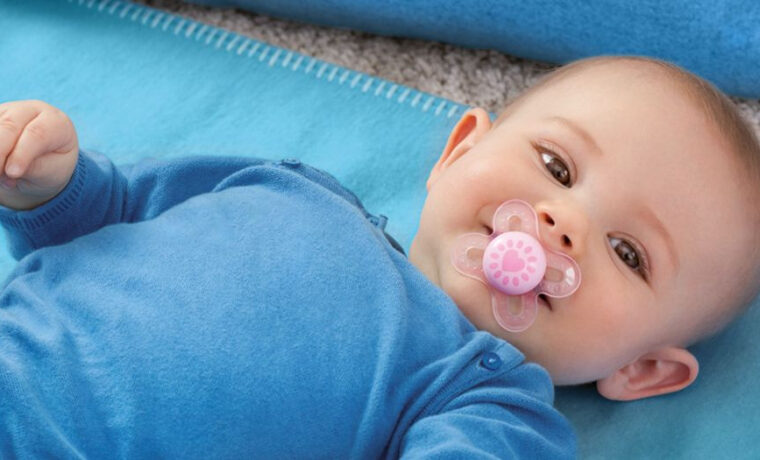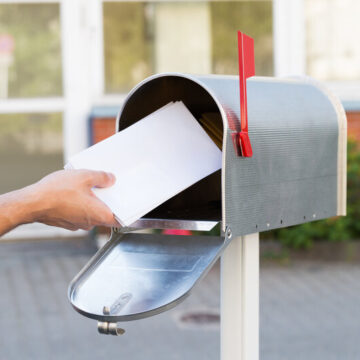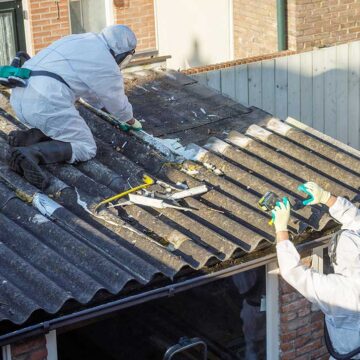Pacifiers for babies truly live up to their name. They can instantly pacify (soothe) your crying baby when he is irritable or annoyed for reasons other than hunger. And for babies who have a habit of constantly sucking their fingers and thumbs, these pacifiers (also known as soothers) are helpful in satisfying their need to suck. They help parents in comforting and settling their little ones in between meals or drifting them off to sleep, especially in the first year.
If you are planning to buy a pacifier for your baby, here are a few things you should know about them:
What Are The Advantages?
1-Pacifiers reduce the risk of SIDS: The Sudden Infant Death Syndrome (SIDS) can scare any parent. Researches have shown that pacifiers can significantly reduce the risk of this issue in babies. When your baby sucks into the pacifier at night, it not just prevents him/her from stopping to breathe but also keeps his/her brain active.
2- Another advantage of using a pacifier is that it offers temporary distraction. When your baby is getting irritable without any reason, a pacifier comes in handy to distract him/her and calm them down. This advantage has made pacifiers an absolute essential for many parents who rank these as a must-have, just like certified organic baby moisturizer or a diaper rash cream.
3- Pacifiers also help in satisfying the urge for sucking in babies who have this habit of sucking their thumbs and fingers all the time.
While there are these advantages of using pacifiers, many new parents have some doubts about their usage and the precautions that must be taken.
Here is a guide of dos and don’ts that will help clear all your doubts about the usage of pacifiers.
Do’s
1- Always check if your baby is hungry before offering him/her a pacifier. If the crankiness is because they are hungry then feed them instead of giving the pacifier.
2- Sterilize the pacifier regularly by boiling it in water for 5-10 minutes. Regular rinsing and cleaning will help in maintaining good hygiene. Also, store them in zip locks when not in use.
3- Check if there are any cracks or tears on the pacifier. It is advised to replace it every 2-3 months before the damage occurs.
Don’ts
1-It is advised not to use a pacifier until the time breastfeeding is fully established. It is best to discuss with your doctor before you start using a pacifier.
2- Never dip the pacifier in honey or sugar as that can damage your baby’s teeth.
3- Never let your baby chew on the pacifier. This can break down the pacifier and even cause choking.
Tips on how to make your baby stop using the pacifier
While a pacifier comes with many benefits, it is important to pull away from its dependence after a certain period of time. You can plan to give it up once your baby completes 12 months. Here are some easy tricks to help you do that:
1-Limit the time you give a pacifier to your baby. It is advised that you use it only when it is absolutely necessary.
2-Keep a note of things that make him/her cry or cranky! For example, if there is a skin concern that is making your baby grouchy, address it at the earliest. Using organic skincare products like the best all-natural baby wash by goodness.me, which is made of organic ingredients, will ensure in keeping all skin concerns at bay.
3- Allow your baby to express his/her feelings when he/she is angry or upset. Give them a special hug and try to divert their attention to other things.
Pacifiers can really make life easy for new parents as well as the baby. However, you must keep the above points in mind and be careful while introducing them to your little bundle of joy.


















